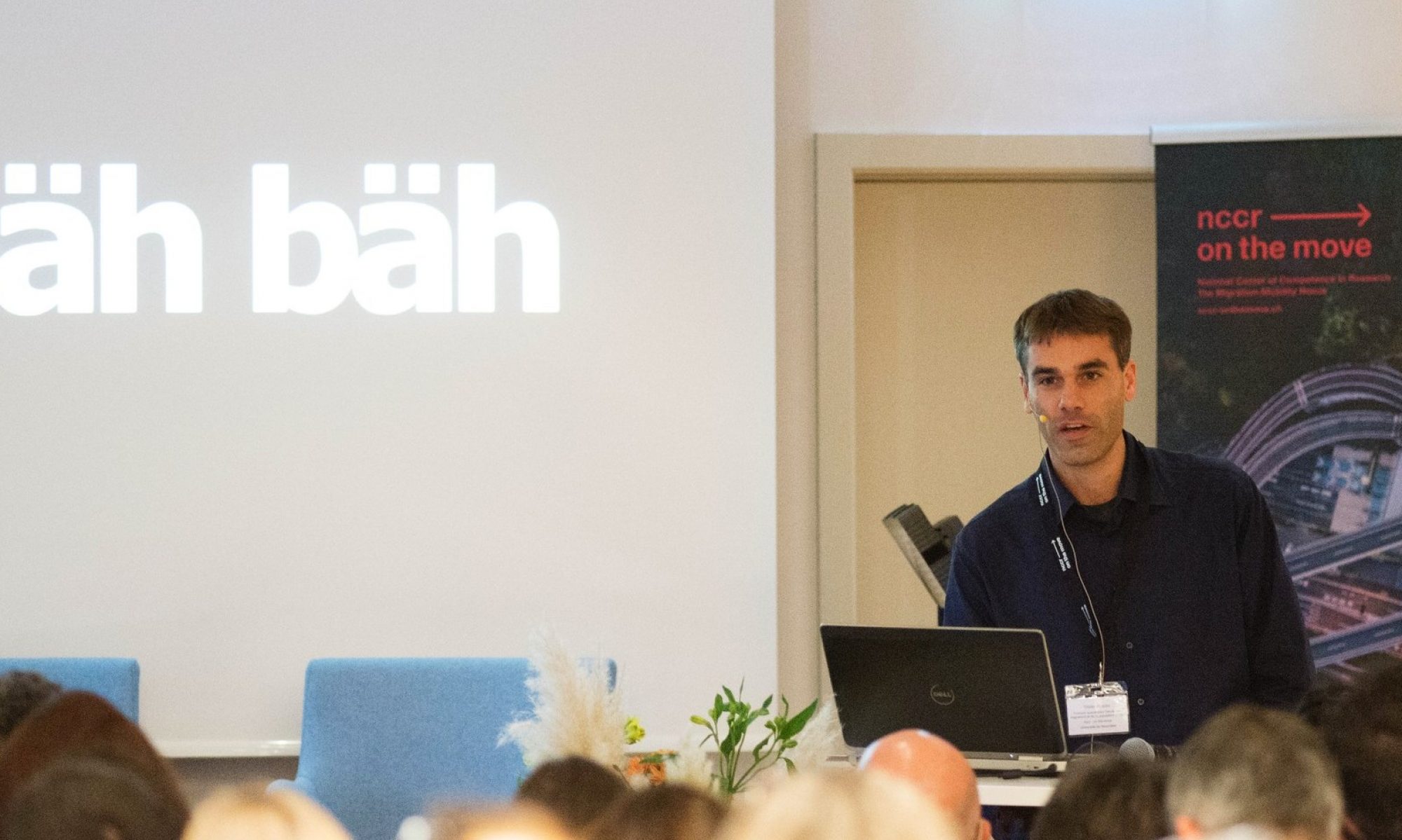It all began with a comment in the NYT last summer, but apparently it hasn’t spread enough. I take the opportunity of a recent event at the LSE (podcast available) to think about Nicholas Christakis‘ observations. In fact, I recommend the podcast because it includes the views of more than one person, but if you prefer something written, you could also check this interview cum blogpost.
While Christakis raises many important points, I was really wondering about two things. First, couldn’t having the “same” institutions be a benefit rather than problem for the social sciences? My intuition is counter to Christakis here: Rather than seeing fixed institutions as conservatism and hindering progress (this is happening of course, but is it really the institutions?), we could regard see the fixed institutions as containers much more flexible to react to changes in the world. After all, if you take departments like sociology, political science, of economics, the fundamental subject of study — humans as part of society, call this systems involving humans if you prefer — has not changed and will not change.
Second, Christakis argues that in the natural sciences the discipline decides that “we have pretty much sorted this topic out” and moves on. How does it decide this, who is the discipline (actor) here? How is this different from the fads and cycles of research we see in all fields?
What do we take away from this? Shaking up won’t hurt at times, but let’s not forget the dynamism behind static labels.
